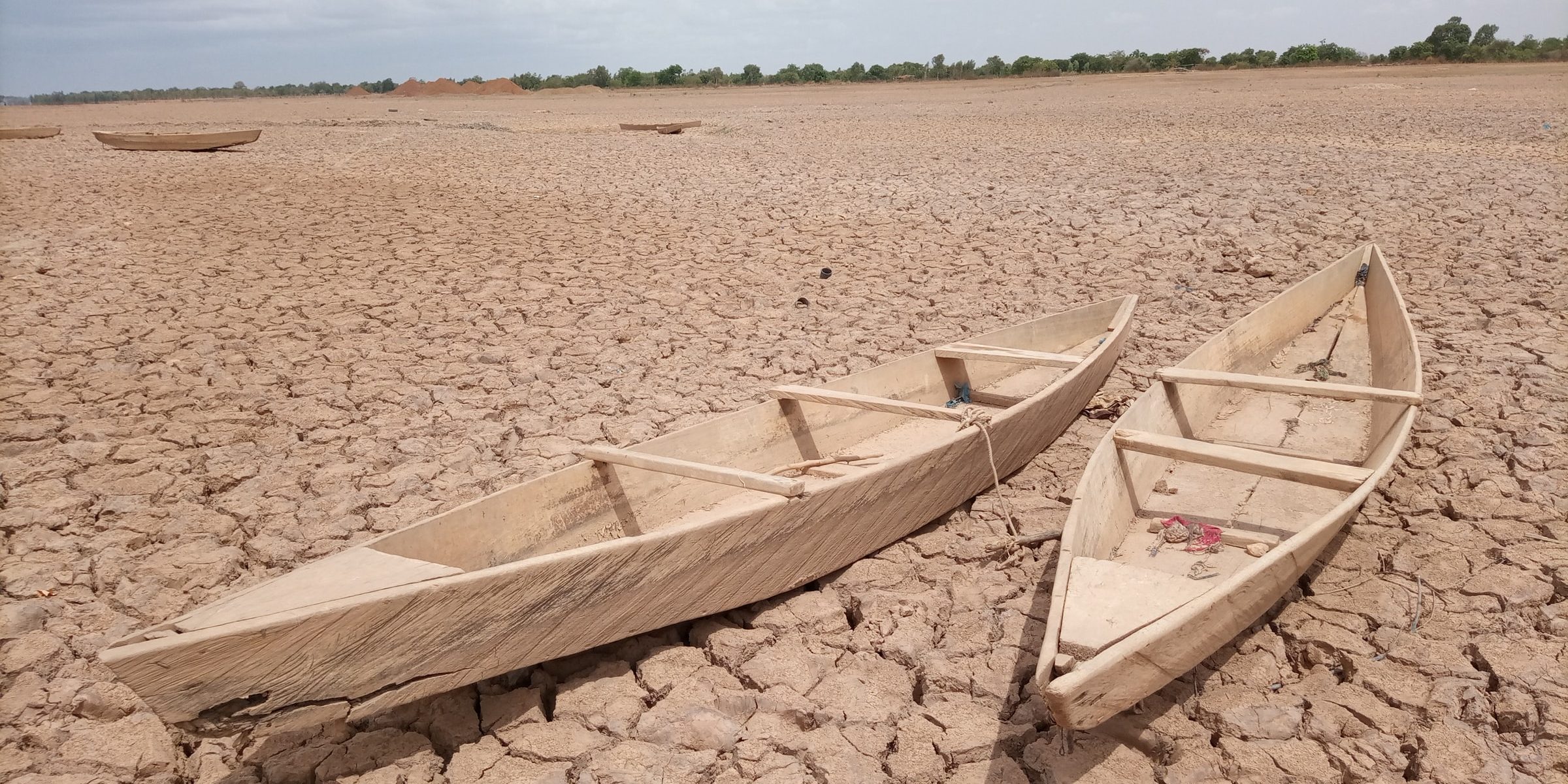
Update: the call for nominations closed on 30 May 2021. For further information, questions or updates on the Global Risks Scientists’ Perceptions survey please contact Anne-Sophie Stevance.
Future Earth and the ISC are now inviting their communities to nominate themselves or other experts in environmental, societal, geopolitical, technological, and economic risks who will be invited to complete the survey throughout June 2021.
Deadline for nominations: 30 May 2021
The Future Earth-ISC Global Risks Perceptions Initiative strives to capture and analyze the perceptions of global risks from different scientific communities. The survey aims to ignite and inform a pluralistic dialogue around risk that draws on a diversity of experience and knowledge by bringing together multiple viewpoints on risks.
The Risks Perceptions Report 2020 provided the first overview of the global change science community’s perceptions on global risks. The perceptions of more than 200 scientists from 52 countries across social, natural and physical sciences were captured in the survey. The report summarized scientists’ perceptions on four major themes: the interconnections between global risks, the urgency of top global risks, future committed risks, and emerging risks. This landmark report made an important contribution towards bringing scientists’ voices into the global dialogue on risks.
I have been engaged with the Global Risks Scientists’ Perceptions survey since its inception in 2019, and never has this type of work been so relevant. After a year where the importance of global-scale risks became apparent to every one of us, I am eager to launch the 2021 survey and continue to spark a range of dialogues on risks.
Dr. Maria Ivanova, Associate Professor of Global Governance and Director of Center for Governance and Sustainability, McCormack Graduate School of Policy and Global Studies, University of Massachusetts Boston
The unprecedented disruptions emerging as a result of the COVID-19 pandemic have drawn attention to the critical importance of global risks around the world we know global risks are increasingly complex, uncertain, systemic, and dynamic. To tackle global risks effectively, we need a stronger understanding of the likelihood, impact, and linkages between a wide range of risks.
The 2021 edition of the Global Risks Scientists’ Perceptions survey, conducted in partnership between Future Earth, the International Science Council, and Sustainability in the Digital Age, is designed to complement the World Economic Forum’s (WEF) annual Global Risks Report, which reports on the global risk perceptions of leaders from business, economics, and government. The 2021 survey will contribute to the discourse that has been shaped through the WEF’s important work with an international analysis of scientists’ perceptions of global risks.
The goal of this survey is to spark dialogue, identify knowledge gaps, and support the growth of a multi-sectoral scientific community working to better understand and provide solutions to global risks. This is a survey of scientists with, at minimum, a Masters degree or equivalent, and respondents will be asked about their experience and level of expertise in evaluating different types of risk. This information will be used to help assess the perceptions of scientists as a group, and the perception of experts on particular types of risk.
The survey uses the WEF’s definition of global risk, which is “an uncertain event or condition that, if it occurs, can cause significant negative impact for several countries or industries within the next 10 years”. Respondents will be invited to evaluate the likelihood and potential negative impact of the 35 global risks identified in the WEF Global Risks Report 2021, and to assess their interconnectedness and their potential for leading to a global systemic crisis.

Through the Global Risks Scientists’ Perceptions survey, we are engaging in important work to better understand how scientists around the world perceive risk and to elevate these perceptions in international dialogues. Ultimately the desired impact is global change towards a lower risk sustainable status. I am excited to help this initiative grow and to work with the team of Advisors to expand the diversity of perspectives represented.
Dr. Terrence Forrester, Professor of Experimental Medicine, UWI Solutions for Developing Countries, University of the West Indies, Mona Campus, Jamaica
Hazards Classification and Definitions Review
The ISC Action Plan project, Science and the Sendai Framework for Disaster Risk Reduction, aims to accelerate implementation of the 2030 Agenda through support for interactions-based research and policy prioritization and programming at all levels of governance. The report on Hazard Definition and Classification Review is a key step in this process.
🌿 Environmental Risks
💻 Technological Risks
👨👩👦👦 Societal Risks
📉 Economic Risks
🏛 Geopolitical Risks
If you are interested in participating in the 2021 Future Earth – ISC Global Risks Scientists’ Perceptions survey, or if you know experts who would be interested in participating, please complete the nomination form by 30 May 2021.
Photo by YODA Adaman on Unsplash